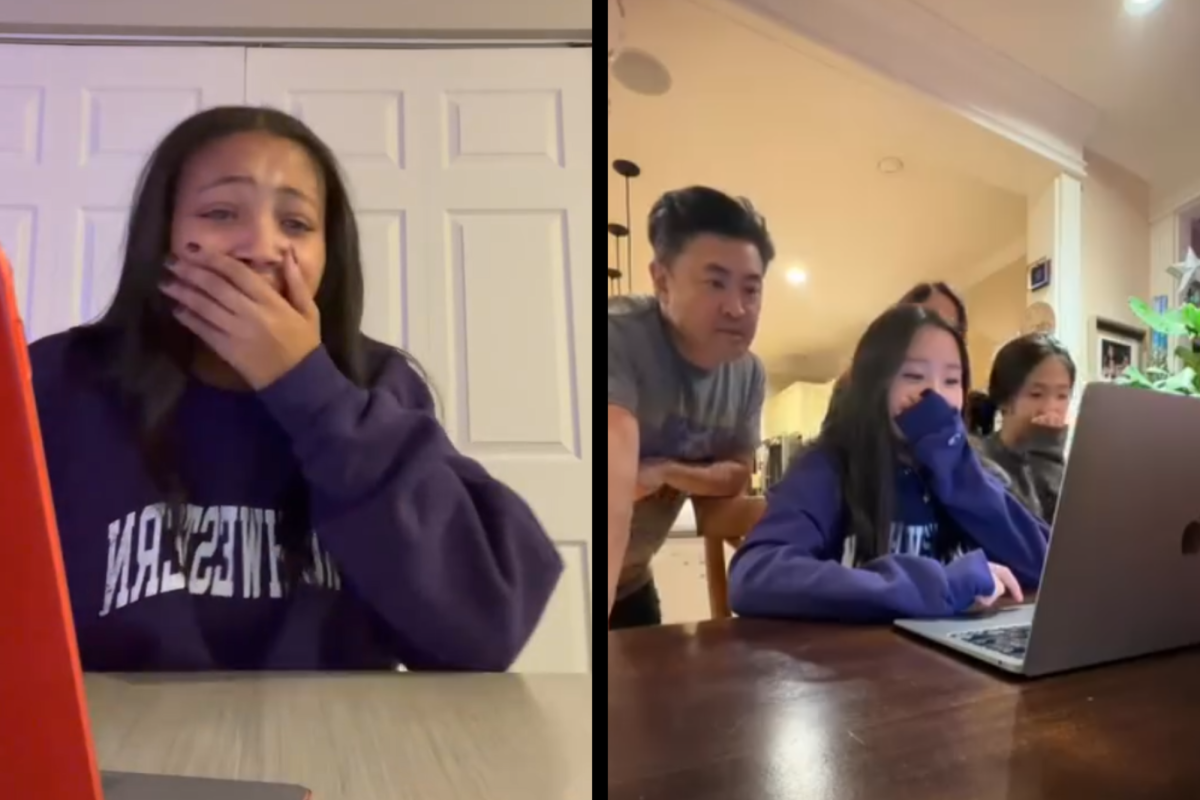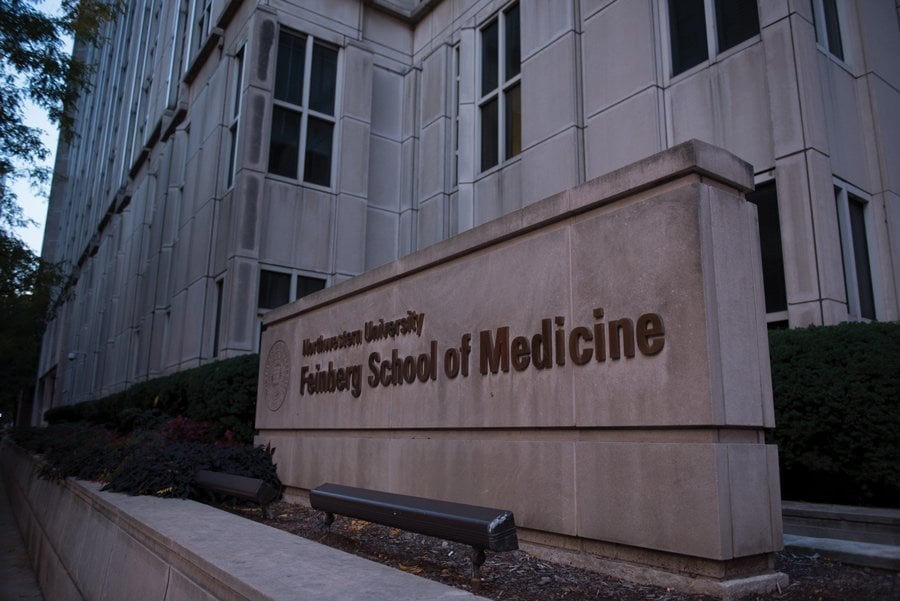Since sustainNU, a University-wide effort that aims to reduce and eventually eliminate Northwestern’s contribution to climate change, began in 2011, Northwestern has been collaborating on sustainable initiatives with Evanston officials to combat greater Chicago’s environmental issues.
The city of Evanston has been working toward the execution of its Climate Action and Resilience Plan (CARP) since 2018, which aims to achieve carbon neutrality and zero waste by 2050.
“One of the accomplishments of this council is to define our six high-level goals, one of which is climate action,” Ald. Jonathan Nieuwsma (4th) said.
Last October, WalletHub ranked Chicago among the bottom 40 major U.S. cities for environmental quality.
In a 2019 report, the Chicago Metropolitan Agency for Planning found that northeastern Illinois produced 13.10 million tons of greenhouse gases per person. Cook County, which includes Evanston, accounted for more than half of the region’s emissions. These greenhouse gases — caused by waste, transportation and stationary energy — are the main drivers of air pollution and climate change.
Nieuwsma said he built his platform on the “Four E’s” for Evanston’s 4th Ward: environmental sustainability, economic development, equity and engagement.
“We’ve made some good progress on achieving those goals, in no small part due to the community aggregation with renewable energy,” Nieuwsma said. “But we still have a lot of work to do and that work is going to get harder.”
Since 2020, NU has consecutively earned the ENERGY STAR Partner of the Year — Sustained Excellence Award from the U.S. Environmental Protection Agency, as a result of their sustainable initiatives led by sustainNU.
Cria Kay, sustainNU’s Sustainability Program Administrator, said they are working with student groups to renaturalize NU’s Shakespeare Woods. She called the project “a really good example of cross-disciplinary work, cross-departmental work and student-driven initiatives.”
“(The Garden) will also provide a place for quiet reflection with benches and seating areas for students to work or meet, a place where they can feel connected to nature,” Kay said.
Weinberg senior and Associated Student Government Sustainability Committee member Alexis Schwartz worked on Zero Waste Ryan Field Pilot.
This 2022 campaign, co-led by the committee and sustainNU, aimed to transform Ryan Field into a zero-waste venue where 90% of its waste is diverted from landfills through recycling or composting.
“(Zero Waste Ryan is) the most concrete change that I’ve made because a lot of these programs are multi-year, so you don’t really see the impacts of them running during your time here,” Schwartz said.
In 2022, Chicago released its five-pillar Climate Action Plan, which included waste reduction strategies. To address previous challenges in evaluating the success of waste prevention approaches, the city decided to expand composting and recycling programs in Chicago Public Schools.
As a Chicago native, McCormick senior Fay-Ling Laures has witnessed the city’s sustainability efforts firsthand. She said Chicago’s recycling system needs significant improvement, citing big landfills as major contributors to climate change.
Laures hopes to become a sustainable engineer to build products that will improve the environment for future generations.
“I’m hoping to do something with much broader implications, like ‘How do we design buildings that don’t even need a harmful insulation system?’” Laures said. “(I want to) make big changes rather than just little ones.”
Correction: A previous version of this story incorrectly stated that sustainNU was formalized in 2017 and that the initiative is working to restore Shakespeare Gardens. The group was formalized in November of 2011 and is working to restore Shakespeare Woods. The Daily regrets this error.
Email: [email protected]
Related Stories:
— Biss, Climate Action Evanston launch Healthy Buildings Coalition to set emissions standards
— Sustain Evanston awards $600,000 in grants to promote sustainability in Evanston businesses






